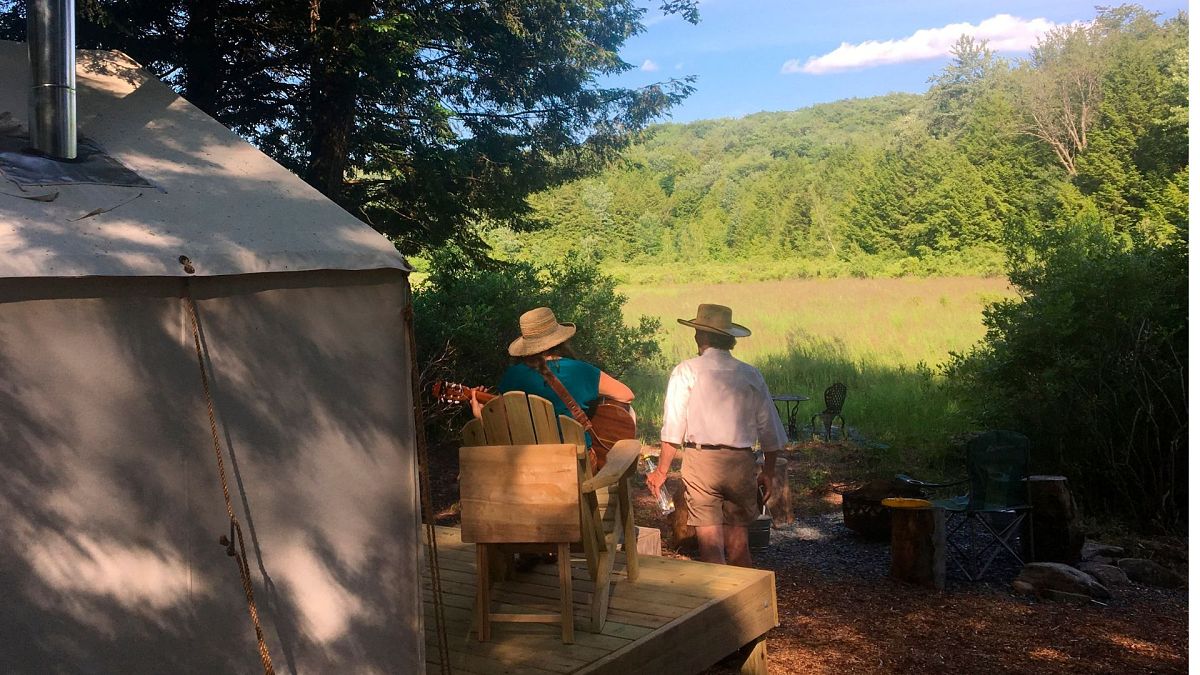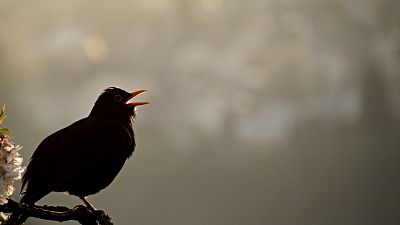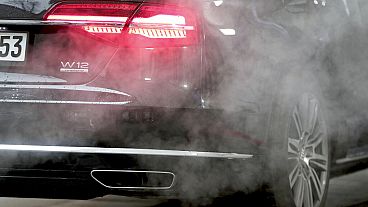It has been reported that the Colorado family had watched YouTube tutorials to prepare for living in the wildnerness.
This summer, a solo hiker near the Gold Creek Campground made the grim discovery of the bodies of Rebecca Vance, 42; her 14-year-old son; and her sister, Christine Vance, 41, all residents of Colorado Springs.
The mummified remains of a family who attempted to live off-grid were discovered in July in Colorado's Gunnison National Forest. According to NBC News, the family reportedly relied only on YouTube videos to learn to survive in nature.
Autopsies revealed they likely died from malnutrition and hypothermia, with Vance's 14-year-old son weighing just 40lb (18kg) at the time of his death.
The family's tragic ending is a sad lesson in the dangers of unprepared wilderness living.
The pandemic inspired off-grid living
According to her stepsister Trevala Jara, Rebecca Vance got worried about the state of the world during the COVID-19 pandemic.
In an interview with local news, Jara said her stepsister felt that the pandemic and politics brought out the worst in humanity. They weren’t conspiracy theorists, said Jara, but Rebecca Vance “thought that with everything changing and all, that this world is going to end. ... (They) wanted to be away from people and the influences of what people can do to each other.”
So she decided to take her son and live in nature.
The family relied solely on online research and YouTube videos to prepare for their new life, despite family members trying to stop them and pointing out their lack of survival experience.
Believing her presence might help them stay alive, Rebecca's sister Christine decided to join her sister and nephew.
Jara offered to let the group test their preparedness in the mountain property she and her husband owned, but the sisters insisted they would be fine.
The group had been missing since October 2022 until the hiker, walking off trail, stumbled across one body outside a zipped-up tent, with two more inside.
Adequate shelter is essential
Investigators say the family had apparently begun constructing a "lean-to" type shelter but had not completed it before the onset of winter. It seems clear that the tent was their only form of shelter during one of Colorado's harshest winters.
While the Internet often glamorises the idea of off-grid survivalism, the reality is starkly different. Experts in off-grid living suggest securing stable lodging, a generator, and a propane tank. Ample supplies are also essential for survival. This family had none of these items.
"They had a lot of literature with them about outdoor survival and foraging, but it looked like they supplied at a grocery store," said Gunnison County Coroner Michael Barnes, who determined that the unfortunate family had died from exposure to the elements.
Supplies and survival skills are critical to off-grid survival
This tragic incident underscores the dangers of attempting to live off-grid without proper preparation and survival skills.
Whatever the climate, securing adequate shelter before setting out is critical to survival.
Watching an online video is different from building a secure, warm shelter yourself. Social media and video tutorials make this way of life seem easy and manageable. But it's critical to remember the person building a beautiful, snug cabin has a significant amount of experience. Or the shelter he's building may be in a temperate climate with mild winters.
One sympathetic person commented, "It's tough enough to get through winter at high altitude in a snug cabin with a big woodpile, electricity, provisions, and a truck. Those poor people had no clue what they were up against."
Another added, "This is so sad. People who didn't grow up in nature have no idea how hard it is to survive. Pioneers only lived off the land back in the day because game, fish, and food were way more plentiful and easy to obtain from nature, and it was still hard."
Adequate nutrition is essential
Investigators found empty food containers at the Vance campsite, “but almost no actual food was present in the tent or in the vicinity,”
Wild food isn't as prevalent as it used to be, but even if it were, unless someone already knows how to hunt, they can't just pick up a gun and go bag a deer. Interestingly, no firearms or other weapons were found at the campsite, so the family evidently had no plans to join the 35.8 million anglers or 11.5 million hunters in the United States to hunt their own food.
Even if they did plan on hunting, that would have required knowledge, practice, and the right equipment.
According to the Association of Fish and Wildlife Agencies, hunters spend over $7 billion (€6.7 billion) on equipment yearly for firearms, ammunition, archery equipment, optics, decoys, calls, and other essential gear, and a further $630 million (€601 million) on clothing. In 2016, the average hunter spent $2,363 (€2,256) on things like clothing and equipment.
What skills do you need to live off-grid?
Ideally, people shouldn't be swayed by social media. They should do independent research and prepare themselves for this new and challenging way of life before they embark on it.
Learning how to dress appropriately and avoid ticks while hiking in tick-rich areas to prevent disease, for example, is a skill they need before taking off into the wilderness.
This horrific discovery highlights just how essential it is to be prepared before attempting to live off-grid.
Understanding the climate and environment you're going to is critical, as is ensuring you have shelter, fuel, food, and water. Learning to forage is a brilliant idea, but people need to learn how in a warm, safe location first. They should be well-provisioned before starting their adventure and should acquire supplemental skills in case foraged or hunted food is scarce.
There are other ways to increase preparedness and self-reliance without completely removing yourself from civilisation. Learn how to forage for blackberries and make plenty of blackberry jam in the fall to last through the winter and spring. Join the 13% of American households keeping chickens for eggs or meat.
Grow typically expensive organic vegetables like tomatoes or peppers. Learn how to make organic fertiliser for these homegrown produce. Install solar panels, improve the existing property, and start to be more self-reliant at home, where there is a safety net.
A safety net that might have saved three lives from being cut tragically short.



